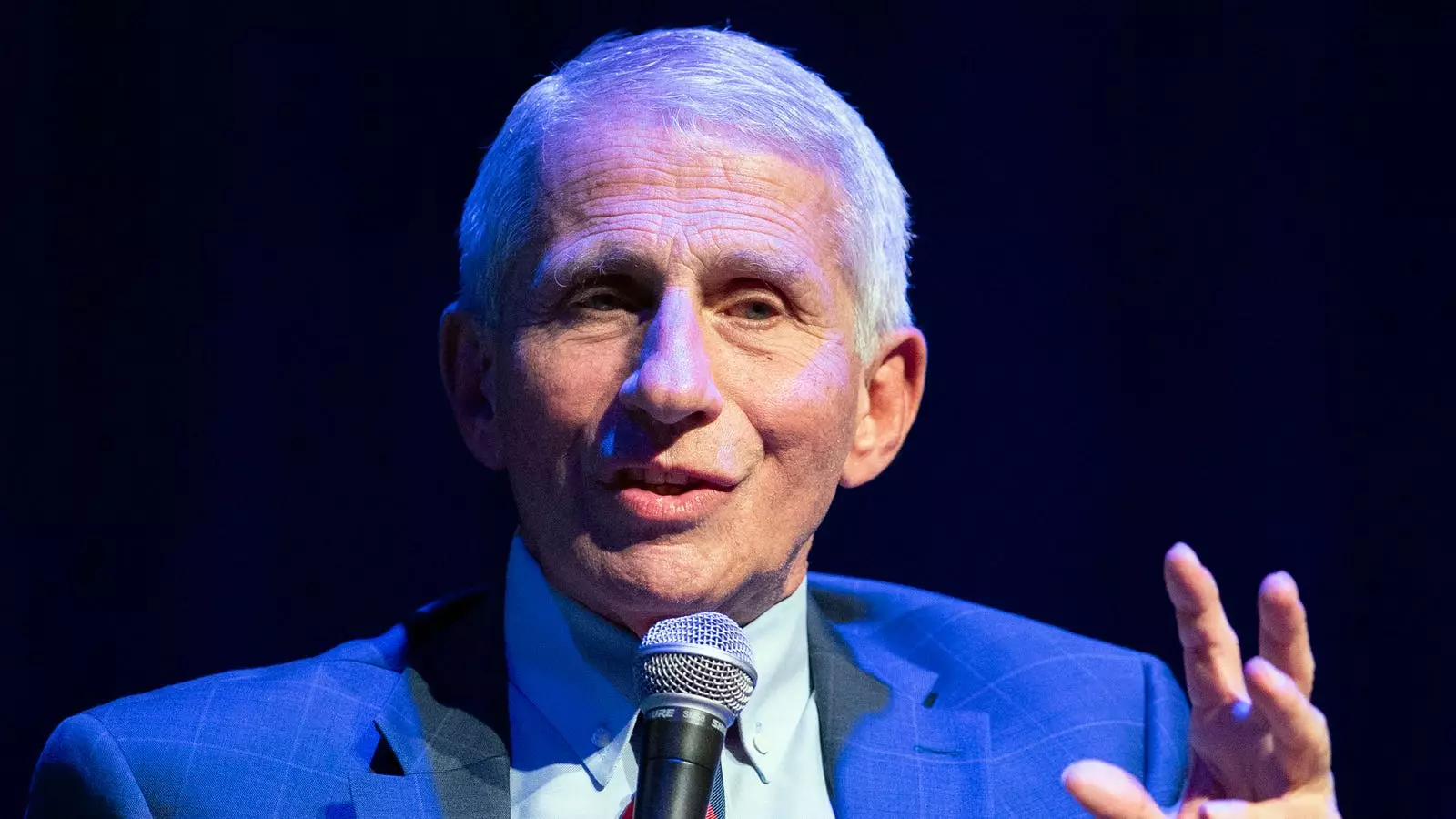The former director of the National Institute of Allergy and Infectious Diseases (NIAID), Anthony Fauci, MD, recently spent time in the hospital after contracting West Nile virus. Fortunately, a spokesperson confirmed that he is now recovering at home and is expected to make a full recovery. The spokesperson, speaking on condition of anonymity due to security concerns, shared this positive update on Fauci’s health status.
West Nile virus is typically transmitted through the bite of an infected mosquito. While many individuals do not show any symptoms upon infection, approximately one in five individuals may experience symptoms such as fever, headache, body aches, vomiting, diarrhea, or rash. In more severe cases, about one out of 150 infected individuals may develop a serious, and sometimes fatal, illness. It is imperative to take precautions to avoid mosquito bites in order to prevent contracting West Nile virus.
CBS News’ chief medical correspondent, Jonathan LaPook, MD, shared on social media that Fauci had been hospitalized around ten days ago after experiencing symptoms like fever, chills, and severe fatigue. He spent a week in the hospital before returning home to continue his recovery. Fauci revealed that he likely got infected while being bitten by a mosquito in his own backyard, shedding light on the importance of taking precautions to avoid mosquito bites.
As the chief White House medical adviser during the COVID-19 pandemic, Fauci played a crucial role in keeping the public informed about the government’s response to the health crisis. However, his prominent position also made him a target for partisan criticism and anger. Despite leaving the government in 2022, Fauci returned to testify before Congress in June as part of an investigation into the origins of COVID-19 and the country’s response to the pandemic. He also took on a new role as a distinguished university professor at Georgetown University last summer.
Unfortunately, there are currently no vaccines available to prevent West Nile virus, nor are there specific medicines to treat the illness. According to the CDC, there have been 216 reported cases of West Nile virus in 33 states as of August 20. The best course of action to protect oneself from this potentially serious virus is to avoid getting bitten by mosquitoes altogether.


Leave a Reply